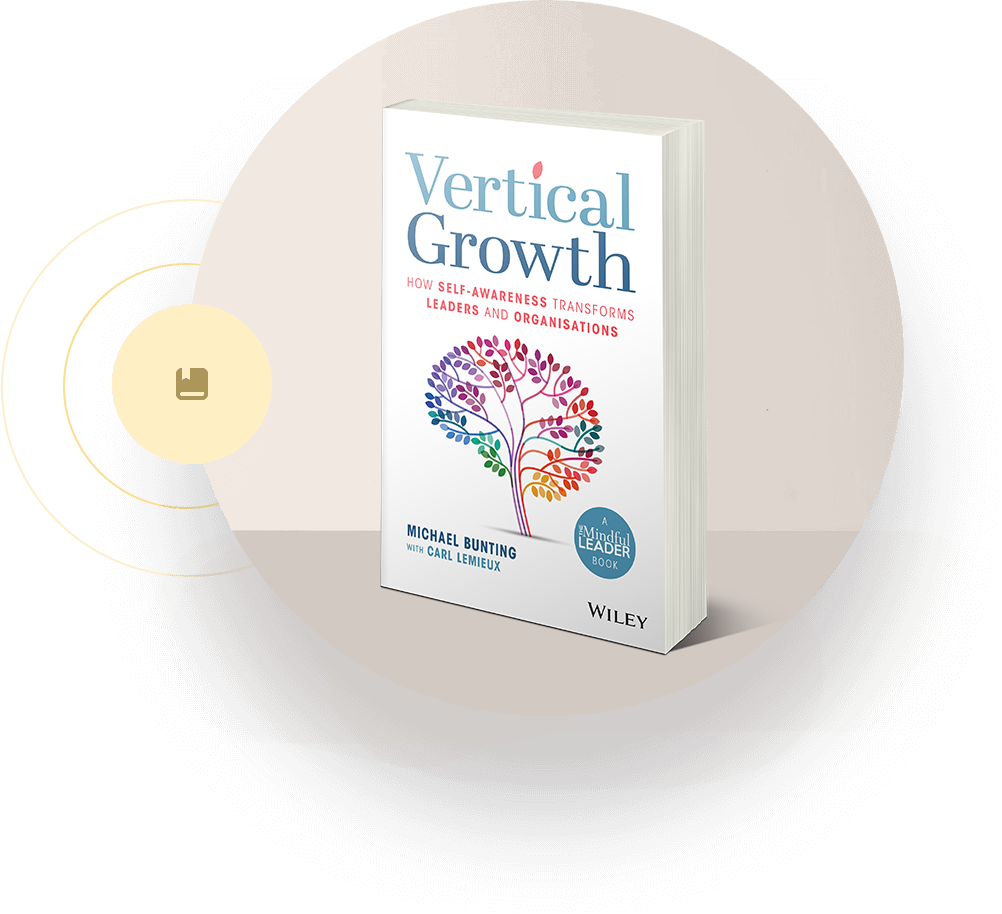As of late, much of the discussion on corporate culture has shifted to wellness and how it can not just improve work-life balance and the workplace experience but also catapult us towards achieving organisational goals. Within this discourse, the benefits of mindfulness have cropped up recurrently as a useful strategy for eliminating much of the distress of corporate life, while enhancing our processes and activities.
As we’ve discussed on our blog, mindfulness dispels absentmindedness – the process of being so absorbed in your worries, stress, thoughts, emotions and fears that you disassociate from reality.
If you’ve noticed workers not fully engaging with their work or those that seem unhappy or dissatisfied, here are a few ways how mindfulness training can help you press the refresh button.
1. Mindfulness can help employees manage their stress more effectively
In any employer’s or HR manager’s vocabulary, the word ‘burnout’ is one they dread the most. Unfortunately, burnout is frightfully common these days, in no small part due to the increasing competition, pressure, and cut-throat environment of corporate culture.
Mindfulness, when practised diligently, engenders resilience, particularly because it pushes us to revel in our sensory experiences, purposefully and non-judgmentally. This helps us become more accepting of our feelings and the behaviours and attitudes of the people around us.
Whether by shifting our focus internally and noticing bodily sensations or by honing in on the sights, smells and sounds of our external environment, mindfulness cuts down on negative rumination and unpleasant emotions. A recent study even demonstrated that managers who follow these practices enjoy benefits of mindfulness like lower levels of emotional exhaustion.
2. It spurs creativity and innovation
Another one of the many benefits of mindfulness for employee engagement is the resulting ability among your employees to pursue new approaches to traditional challenges and unlock their creativity.
Especially at a time when we need novel solutions, mindfulness helps us unlock new ways of thinking, even ‘divergent’ thinking, which, almost automatically, makes daily tasks and responsibilities more engaging.
3. Mindful practices help employees become more productive and efficient
Feeling sluggish at work is a common experience – fortunately, this doesn’t have to be the case.
With studies demonstrating that mindfulness can lead to improved focus and greater vitality, the benefits of mindfulness even extend to improving productivity. When employees feel like they’ve achieved a lot during work hours, they’re more likely to go home feeling satisfied, even if they’re tired.
By inculcating greater mindfulness in the workplace, through apps or even mindfulness training, employee engagement will no longer be so much of a challenge for employers.
4. Being mindful helps people be more authentic and build more meaningful relationships
One of the single greatest benefits of mindfulness is the fact that it helps us become more aware of our feelings, reactions, stressors, and responses to the outside world. Moreover, it helps us do the same for other people, allowing us to understand them better and thereby, become better empathizers.
In the context of the workplace, this can lead to more meaningful relationships between coworkers, which is known to be a factor that improves employee engagement. It can also lead to greater collaboration, improving efficiency, productivity and the overall quality of the work being done.
Dynamic partnerships can also spur innovation, helping a company jettison from doing well to doing great.
5. Mindfulness has the power to improve physical health
Beyond its benefits for our mental health, mindfulness is also known to help us remain physically healthier as well.
After all, there’s no denying the fact that there’s a strong link between mental and physical health. By helping employees mitigate the effects of stress and emotional exhaustion, they’re less likely to request sick days and thereby improve their output at work.
It makes perfect sense to connect the dots – when you feel physically well, you’re able to put more effort into your work and enjoy it too. Mindfulness is at the heart of this, helping employees curb the physical effects of stress, frustration, and a lack of motivation.
Leverage the benefits of mindfulness for improved employee engagement
Employee engagement is one of the most important determinants of workplace productivity, organisational growth, and financial success.
By providing employees with the resources and support to be more mindful at work, you can enjoy the benefits of mindfulness without shelling out thousands of dollars for expensive tools and training.








